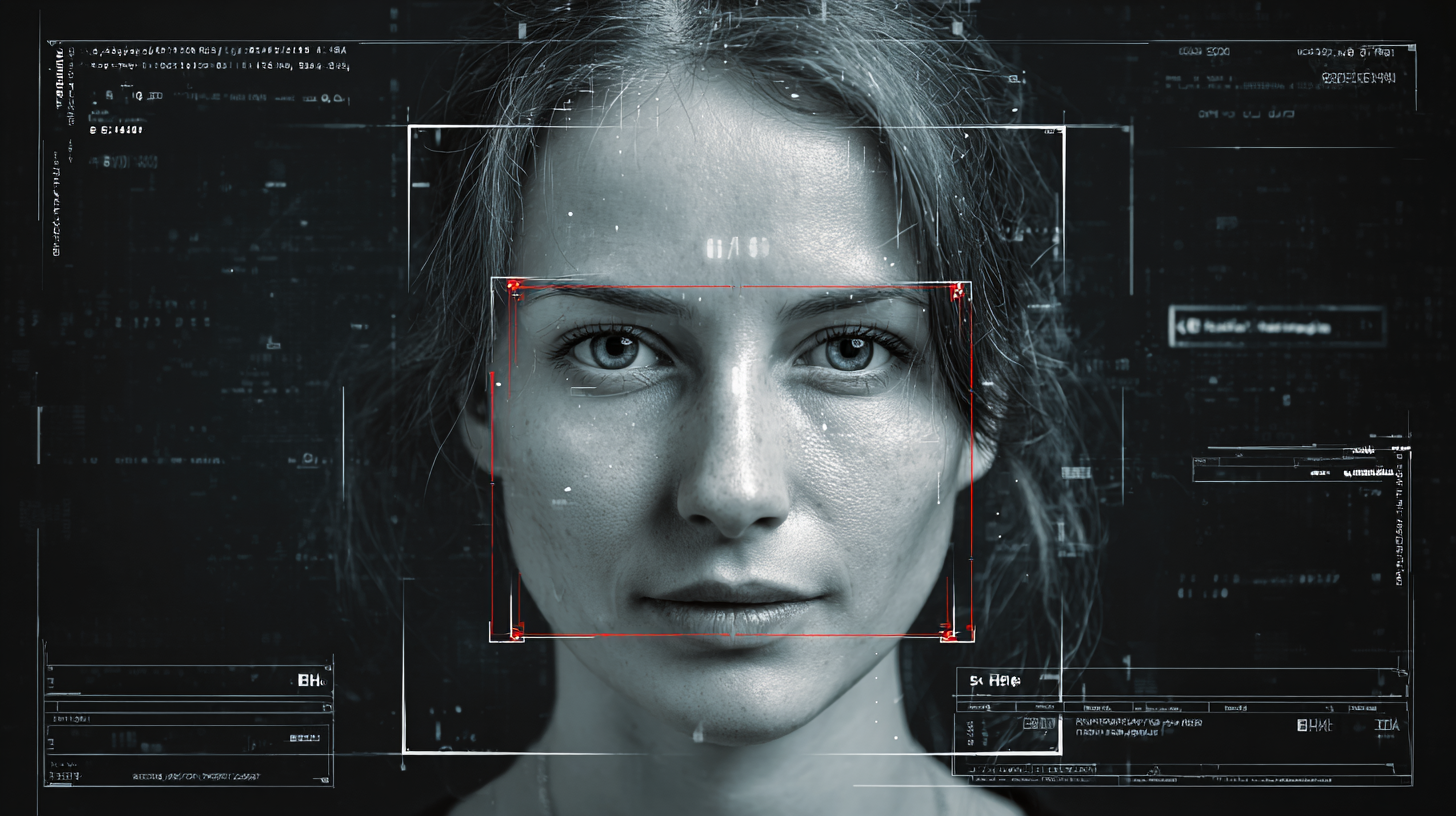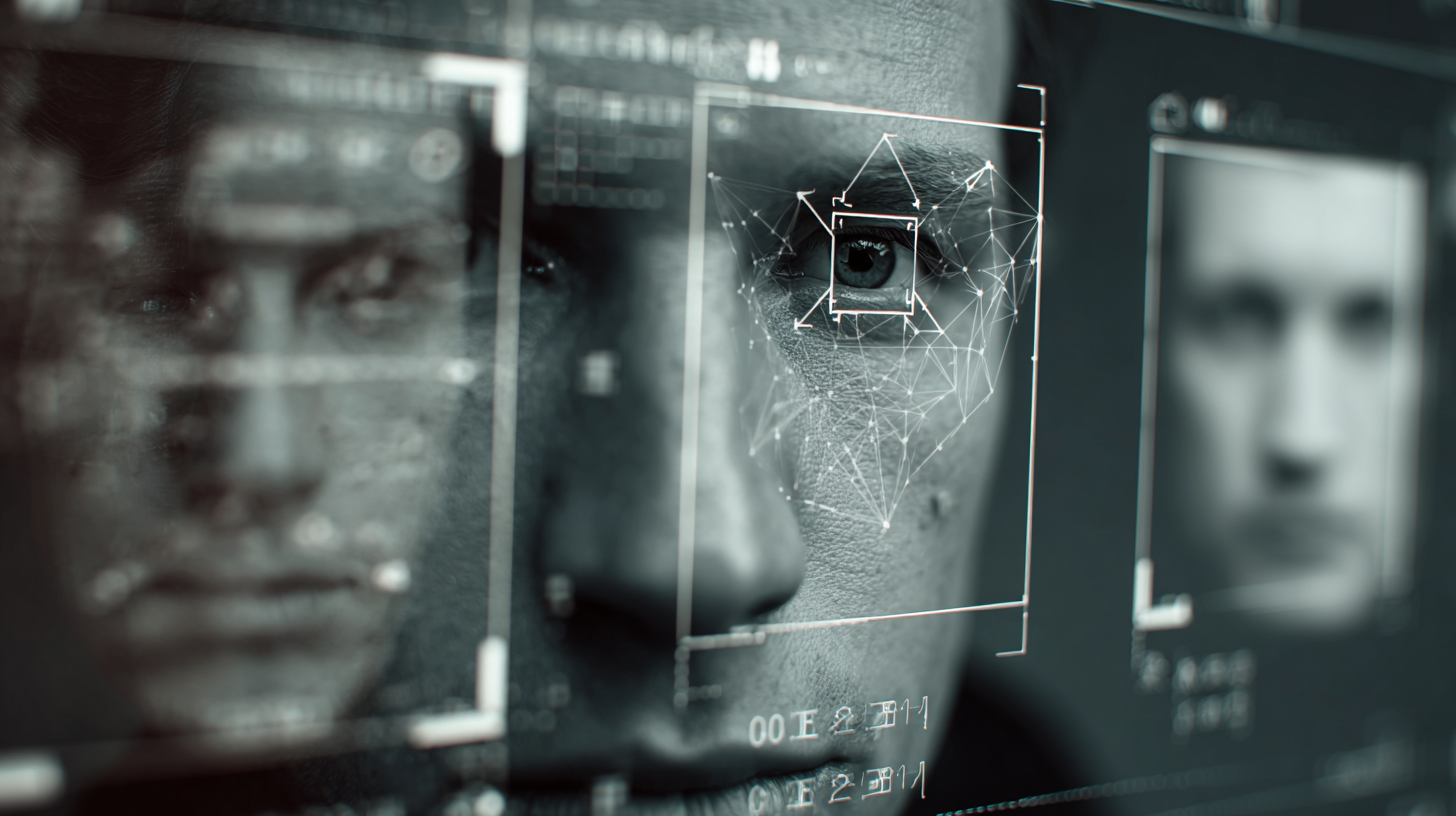Global Import Export Certifications for Top Best Facial Recognition Solutions
In today's rapidly evolving technological landscape, Facial Recognition has emerged as a critical component across various sectors, including security, retail, and healthcare. According to a recent report by MarketsandMarkets, the global facial recognition market is expected to reach $7 billion by 2024, growing at a CAGR of 14.5%. This surge in demand is driven by the increasing need for advanced security solutions and the rising adoption of biometric systems worldwide. Additionally, industry studies indicate that over 60% of organizations are investing in facial recognition technology to enhance their operational efficiency and customer engagement. As businesses seek to harness the power of this innovative solution, understanding the necessary global import-export certifications becomes paramount for ensuring compliance and maintaining competitive advantage in this burgeoning market.

Identifying Key Certifications for Facial Recognition Solutions in Global Trade
Facial recognition technology has rapidly evolved into a cornerstone of security and identity verification in global trade. As businesses expand across borders, the need for standardized certifications becomes essential to ensure compliance and reliability. According to a report by MarketsandMarkets, the facial recognition market is projected to reach $7 billion by 2024, driven by increasing demand for advanced security solutions. However, to penetrate international markets, solutions must adhere to an array of certifications that ensure data protection, interoperability, and ethical usage.
Key certifications, such as ISO/IEC 30107 for biometric presentations and NIST (National Institute of Standards and Technology) evaluations, play crucial roles in establishing trust among consumers and regulatory bodies. The NIST has been instrumental in assessing the accuracy and performance of facial recognition algorithms, providing benchmarks that facilitate trade across nations. In addition, the General Data Protection Regulation (GDPR) in Europe mandates strict data privacy standards that facial recognition solutions must comply with to operate legally. As stakeholders in the facial recognition ecosystem navigate these certifications, they safeguard against legal repercussions while fostering confidence in their technologies within the global marketplace.
Evaluating Manufacturer Reputation: Importance of Quality Standards in the Industry
In the rapidly evolving field of facial recognition technology, the reputation of manufacturers plays a crucial role in ensuring the quality and reliability of their solutions. With numerous companies entering the market, it becomes imperative to evaluate their adherence to established quality standards. Certifications not only signify compliance with regulations but also reflect a commitment to maintaining high operational benchmarks. This distinction helps consumers and businesses identify trustworthy providers and ensures that they invest in robust and effective facial recognition systems.

Moreover, the significance of quality standards extends beyond mere compliance. It encompasses aspects like data security, accuracy, and ethical considerations in the deployment of facial recognition technology. When manufacturers are transparent about their certifications and quality benchmarks, potential buyers gain insights into the company’s dedication to quality and innovation. In an industry where reputation can make or break trust, manufacturers that prioritize quality standards position themselves as market leaders, ultimately fostering a culture of accountability and excellence across the sector. This, in turn, builds consumer confidence and contributes to the technology's sustainable growth.
Comparative Analysis of Top Facial Recognition Technologies and Their Certifications
In the realm of facial recognition technologies, the importance of certifications cannot be overstated. As the demand for reliable and secure systems grows, understanding the comparative advantages of various solutions becomes essential. Leading technologies such as Clearview AI, NEC, and FaceFirst have emerged as frontrunners, each boasting specific certifications that validate their reliability and ethical deployment. For instance, Clearview AI has garnered attention for its usage in law enforcement but faces scrutiny regarding its data practices, while NEC emphasizes its commitment to privacy with ISO/IEC 27001 certification for information security management.
Beyond mere compliance, these certifications provide a framework to evaluate the effectiveness and safety of facial recognition systems. For example, technologies certified under the NIST (National Institute of Standards and Technology) framework ensure high accuracy rates, reducing false positives and enhancing user confidence. Additionally, GDPR (General Data Protection Regulation) compliance is becoming a crucial aspect for European markets, pushing facial recognition providers to not only adhere to technological standards but also to ethical considerations in data usage. By analyzing these certifications, stakeholders can make informed decisions that align with both regulatory requirements and public sentiment towards surveillance and privacy.

Understanding Regulatory Compliance in Facial Recognition Systems for International Markets
In the rapidly evolving landscape of facial recognition technology, understanding regulatory compliance is crucial for businesses looking to operate in international markets. Different countries have distinct laws and regulations governing the use of biometric data, and compliance not only ensures that companies avoid hefty fines but also helps build consumer trust. For instance, the European Union's General Data Protection Regulation (GDPR) imposes stringent requirements on data collection and processing, potentially impacting the deployment of facial recognition solutions in member states. Thus, companies must navigate these complex legal frameworks effectively to stay competitive.
Moreover, obtaining global import/export certifications can significantly fortify a facial recognition solution's market position. Certifications act as endorsements of compliance with both local and international standards, reassuring customers about the privacy and security of their data. As markets expand and demand for innovative solutions grows, understanding and adhering to these regulations will become increasingly important. Businesses that proactively embrace compliance as part of their core strategy will not only enhance their credibility but also unlock new avenues for growth in the global arena.
Global Import Export Certifications for Top Best Facial Recognition Solutions - Understanding Regulatory Compliance in Facial Recognition Systems for International Markets
| Certification | Issuing Body | Region | Compliance Requirements | Validity Duration | Validity Renewal Process |
|---|---|---|---|---|---|
| ISO/IEC 27001 | International Organization for Standardization | Global | Data protection management system | 3 years | Audit and resubmission |
| GDPR Compliance | European Union | Europe | Safeguarding personal data | Indefinite (as long as compliant) | Ongoing compliance checks |
| CCPA Compliance | California Attorney General | USA | Consumer data privacy protection | Indefinite (as long as compliant) | Ongoing compliance checks |
| FIPS 201 | U.S. Department of Commerce | USA | Federal Information Processing Standards | 3 years | Audit and resubmission |
| PIPEDA | Office of the Privacy Commissioner of Canada | Canada | Personal Information Protection and Electronic Documents Act | Indefinite (as long as compliant) | Ongoing compliance checks |
Best Practices for Selecting Reliable Manufacturers in the Facial Recognition Sector
When selecting reliable manufacturers in the facial recognition sector, it is essential to prioritize certain best practices that ensure quality and compliance with global standards. First and foremost, conducting thorough due diligence is vital. This involves researching potential suppliers’ backgrounds, including their certifications, production capacities, and historical performance in the industry. Look for manufacturers that hold internationally recognized certifications such as ISO and CE, as these affirm their commitment to quality and safety standards.
Another critical aspect is engaging with manufacturers that have transparent operational practices. Establishing open lines of communication can provide insights into their production processes and compliance measures. It's advisable to request case studies or references from existing clients to gauge the manufacturer’s reliability and efficacy in delivering facial recognition solutions. Additionally, consider manufacturers who are actively involved in industry innovations and demonstrate a strong commitment to adhering to ethical guidelines, ensuring that their technologies are not only effective but also socially responsible. By focusing on these practices, businesses can make informed decisions when collaborating with manufacturers in the evolving landscape of facial recognition technology.